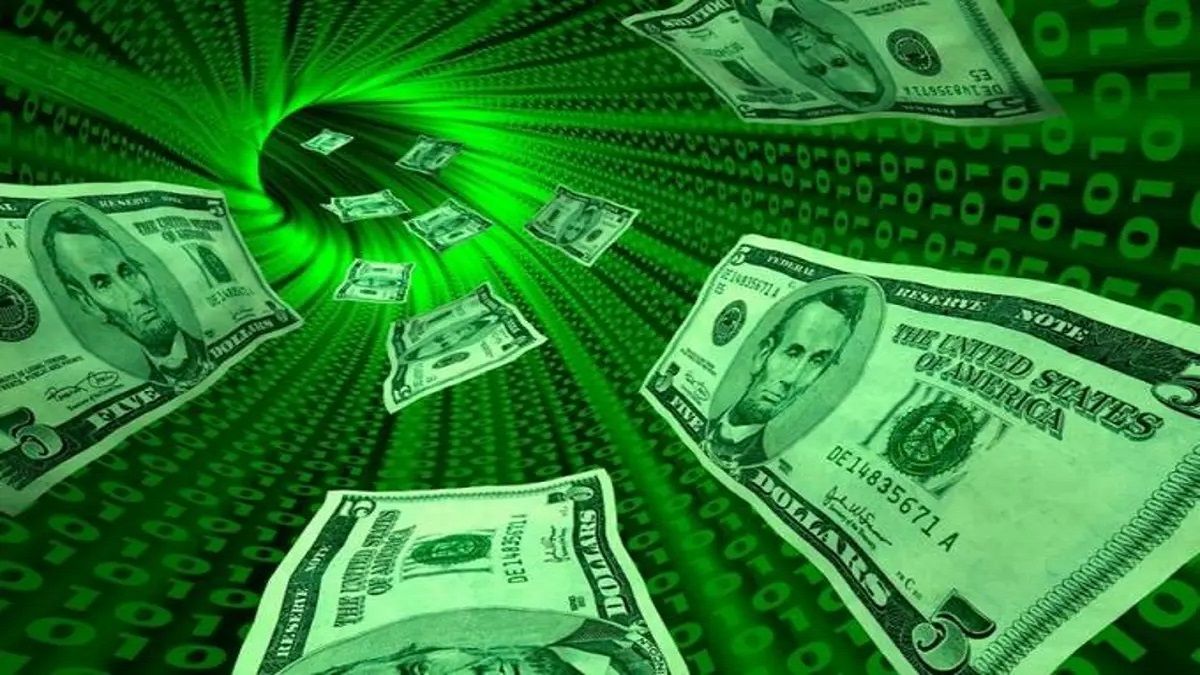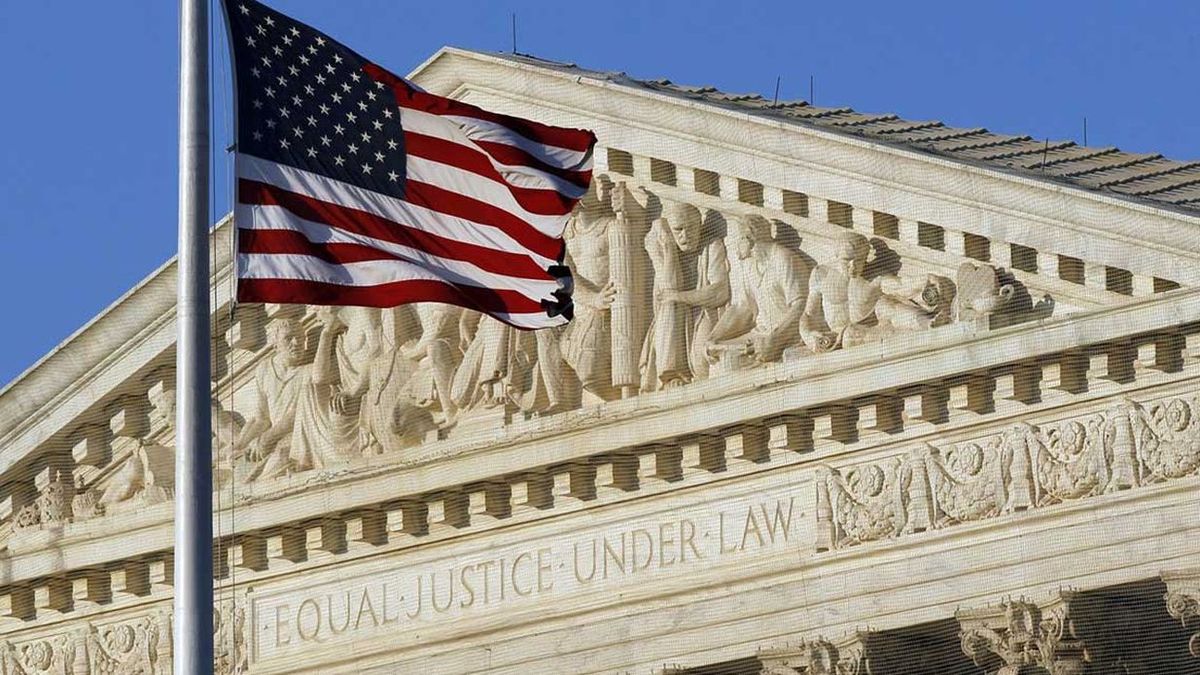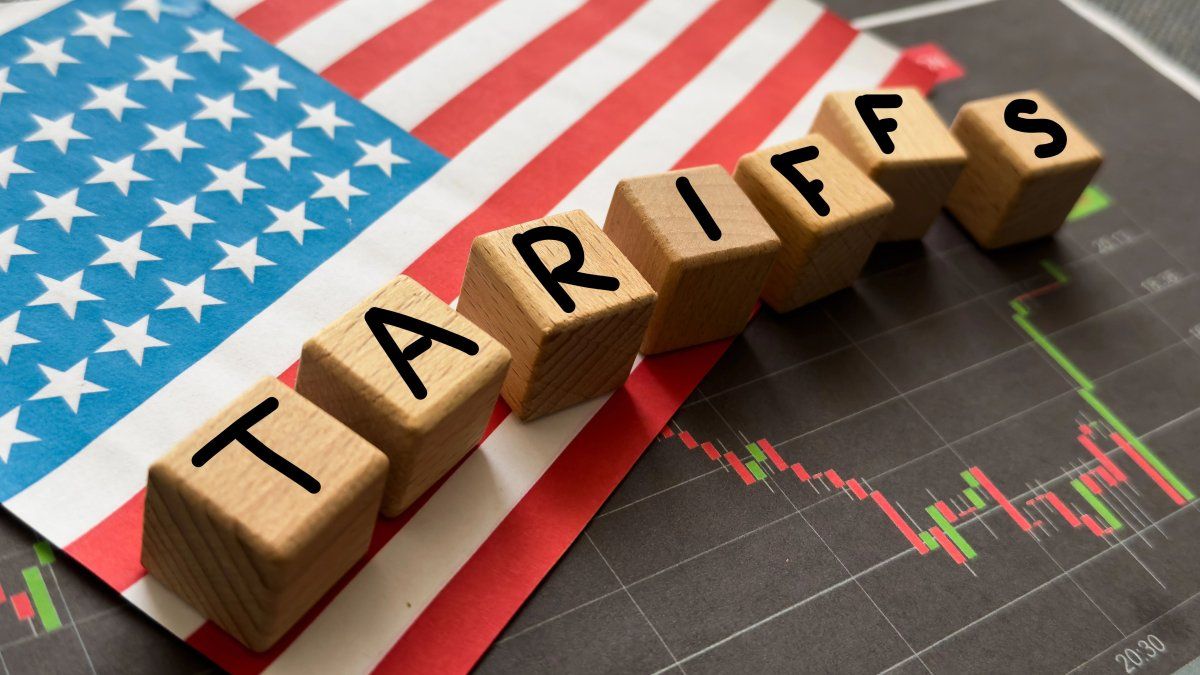What form would a digital dollar take?
It would still be a dollar issued by the Federal Reserve (Fed or US central bank) like all US bills and coins in use today, but in a digital form accessible to everyone, not just financial institutions.
Unlike money deposited into a bank account or spent through apps like Venmo and Apple Pay, it would go to Federal Reserve accounts, not a bank.
For analysts, an effective design can make the digital dollar preferable for home use than a cryptocurrency.
At the same time, the digital dollar would be worth the same as its paper counterpart, a divergence from cryptocurrencies that currently have highly volatile quotes.
However, some key questions remain unanswered, such as whether a digital dollar would be based on blockchain technology like Bitcoin or linked to some kind of payment card.
If the US government decides to go ahead, it could be “several years” before it becomes possible to use a digital dollar; authorities will have to explore, for example, what technology to use, Darrell Duffie, a digital currency expert at Stanford University in California, told AFP.
Why launch a digital dollar?
It would reduce or even eliminate transaction costs, as exchanges would no longer just go through banks, bank cards, or apps that charge fees on every payment.
Proponents of the idea say it would help people without bank accounts, about 5% of households in the United States, and could make it easier to pay social benefits.
The digital dollar would eliminate costs and facilitate transactions, but for some it would also be a government advance on the privacy of operations
There are risks like a system crash or cyber attack, and there are also privacy concerns, as the government could theoretically have access to all transactions.
The banking system could also be undermined, as banks currently use customer deposits to make loans to others, and with a digital dollar they could have less money at their disposal.
How will global finance be affected?
International transfers, often time-consuming and expensive to carry out, could be greatly facilitated. An operation that currently takes two days to validate could be done in an hour, Marc Chandler, a foreign exchange expert at the Bannockburn brokerage, told AFP.
For Chandler, the geopolitical role of the US dollar would not be altered by the introduction of the digital version. A digital dollar would represent “a natural evolution rather than a revolution,” he pointed out, recalling that more than 6.5 trillion dollars are already exchanged electronically every day in the foreign exchange market.
Even if China launches a large-scale digital yuan, he said he doesn’t think it will change Beijing’s role in the world economy as “there will always be issues of trust, transparency, (and) depth of markets.”
If the use of the digital dollar becomes widespread, it could ruin the monetary system of small countries whose people would stop using the local currency
However, for Stanford’s Duffie, if the United States wants to continue to benefit from the dollar’s status as the dominant currency in central bank reserves and international payments, it is essential that the government act with caution.
“The United States will need to ensure that it remains in a leadership position in international forums that discuss standards for making cross-border payments with digital currencies,” he noted.
Can America catch up?
Other countries are already working on digital versions of their own currencies, from the eurozone to India, but “there is no evidence to suggest that being first to market provides significant or material advantages,” said Jamiel Sheikh, founder of the think tank. CBDC Think Tank.
On the contrary, failure due to unintended consequences, due to its operation and use or other problems can undermine faith in the issuing institution, he noted.
“The overwhelming dominance of the dollar gives the United States the luxury of learning from other countries,” agreed Cornell University professor Eswar Prasad.
Dollar or cryptocurrencies?
If designed properly, a digital dollar could be preferable for home use than a cryptocurrency, Duffie opined. However, for international transfers, he was “skeptical that the big central banks like the Fed or the ECB, those of China or Japan, would grant accounts in a central bank to people from all over the world.”
If the United States were to do so, he pointed out, it could wreck the monetary system of small countries whose people would prefer to use the digital dollar instead of the local currency.
Source: Ambito
David William is a talented author who has made a name for himself in the world of writing. He is a professional author who writes on a wide range of topics, from general interest to opinion news. David is currently working as a writer at 24 hours worlds where he brings his unique perspective and in-depth research to his articles, making them both informative and engaging.




